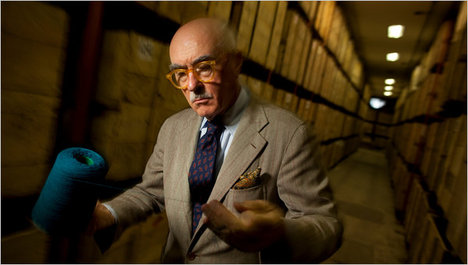(p. 130) If 50 percent more Americans are on the way that means there must be 50 percent more suburban subdivisions, 50 percent more malls, 50 percent more of everything–unless anyone thinks it is fair to deny to newcomers the physical space and comfort that current Americans enjoy.
Sprawl may he managed well or poorly, and “smart growth” is better than dumb growth. But when people object to development per se, what they almost always mean is that they have achieved a nice lifestyle and now wish to pull up the ladders against others–and, not coincidentally, to make their own properties more valuable by artificially limiting supply. California real estate prices in particular have shot up in the last decade because slow-growth ordinances and no-growth judicial rulings have artificially restricted housing supply. Opposing sprawl can be a financial boon to anyone who’s already entrenched.
Anything that runs up housing prices is of particular concern to educational equality, since today, in many parts of the United States, the housing market in effect regulates access to the best public schools. Buyers pay significant premiums for homes in the districts of high-quality public schools; in the Washington, D.C., suburbs, a home in the excellent Fairfax County or Montgomery County school systems may sell for $200,000 more than an identical dwelling from which children would attend the troubled schools of Prince George’s County or Arlington County. In turn, SAT scores rise in tandem with family income–each $10,000 increment of increase in family income adds twenty to thirty points to a child’s total SAT scores, studies show. Why does family income raise SAT scores? Partly because a high income enables parents to give children extra advantages, partly because low income parents or parents in broken families may shirk their responsibility for helping children succeed in school, but mostly (p. 131) because the higher a family’s income the better a school district it can buy into, via the housing market. Since education is closely linked to success in later life, the nation has an interest in preventing exclusionary housing prices. That means there must be more sprawl and more growth to increase the housing supply and thereby reduce prices.
Source:
Easterbrook, Gregg. The Progress Paradox: How Life Gets Better While People Feel Worse. Paperback ed. New York: Random House, 2004.




